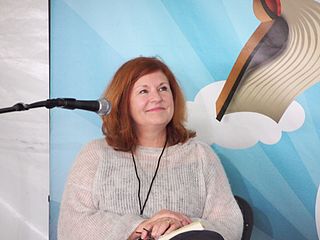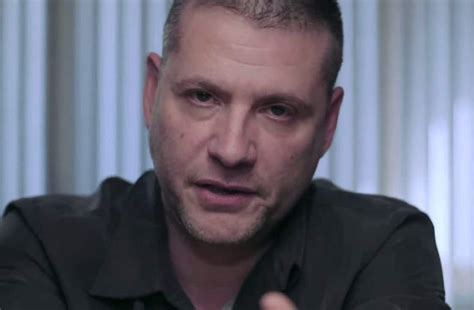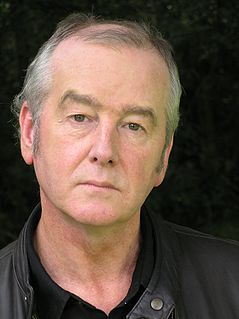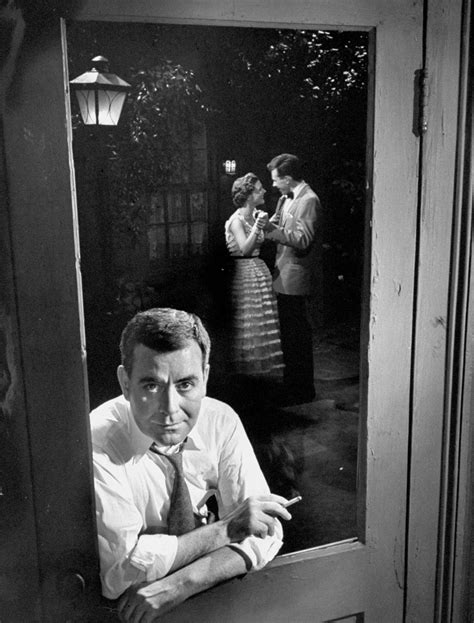A Quote by Neil Sheehan
At least I'm at peace with myself. I have done my best to write a book about what really happened there and why it happened and it's done, it's published. I won't write another book on Vietnam.
Related Quotes
I don't think anything I've written has been done in under six or eight drafts. Usually it takes me a few years to write a book. 'World's Fair' was an exception. It seemed to be a particularly fluent book as it came. I did it in seven months. I think what happened in that case is that God gave me a bonus book.
You have to surrender to your mediocrity, and just write. Because it's hard, really hard, to write even a crappy book. But it's better to write a book that kind of sucks rather than no book at all, as you wait around to magically become Faulkner. No one is going to write your book for you and you can't write anybody's book but your own.
Write what you want to read. So many people think they need to write a particular kind of book, or imitate a successful style, in order to be published. I've known people who felt they had to model their book on existing blockbusters, or write in a genre that's supposed to be "hot right now" in order to get agents and publishers interested. But if you're writing in a genre you don't like, or modeling yourself on a book you don't respect, it'll show through. You're your first, most important reader, so write the book that reader really wants to read.
I happened to write a book about the stuff I've been involved in over the years. It just so happened that my profession is that I was a cop in the New York City Police Department. I guess people thought it was pretty interesting to have these two things meshed together. My life is pretty boring, I don't know why they're doing this. It's fun.
I think, for me, there's The Book I Should Write and The Book I Wanted to Write - and they weren't the same book. The Book I Should Write should be realistic, since I studied English Lit. It should be cultural. It should reflect where I am today. The Book I Wanted to Write would probably include flying women, magic, and all of that.
Then what shall I write? I can't just write that this happened then this happened then this happened to boring infinitum. I'll let my journal grow just like the mind does, just like a tree or beast does, just like life does. Why should a book tell a tale in a dull straight line? Words should wander and meander. They should fly like owls and flicker like bats and slip like cats. They should murmur and scream and dance and sing.
































